Beyond Tariffs: Unpacking the US-Thai Grand Bargain of 2025
Beyond the tariff headlines: Explore the hidden geopolitical forces, border disputes, and strategic base discussions that shaped the US-Thailand trade agreement.

A Deadline Defied: The Sudden Resolution of US-Thai Tariffs
The global trade landscape in early 2025 was dominated by the looming specter of former President , a measure threatening to impose the highest trade taxes in a century. For , the stakes were particularly high, with the financial markets holding their breath. As April 2025 dawned, the specifically awaited clarity on the new tariff rates from the , with an official announcement anticipated within 24 hours, according to Deputy Prime Minister and Finance Minister . The atmosphere was thick with uncertainty, as businesses and the public grappled with the potential economic fallout. Yet, what followed was a surprisingly swift resolution. While the exact details of the final tariff rates remained under wraps initially, subsequent discussions within quickly shifted to a 'New World Order after Reciprocal Tariff,' hinting at an outcome that, while perhaps not entirely expected, offered a path forward for the . This sudden shift from a state of anxious anticipation to a new phase of understanding suggested that the negotiations were far from straightforward, hinting at deeper currents beneath the surface of mere economic policy.
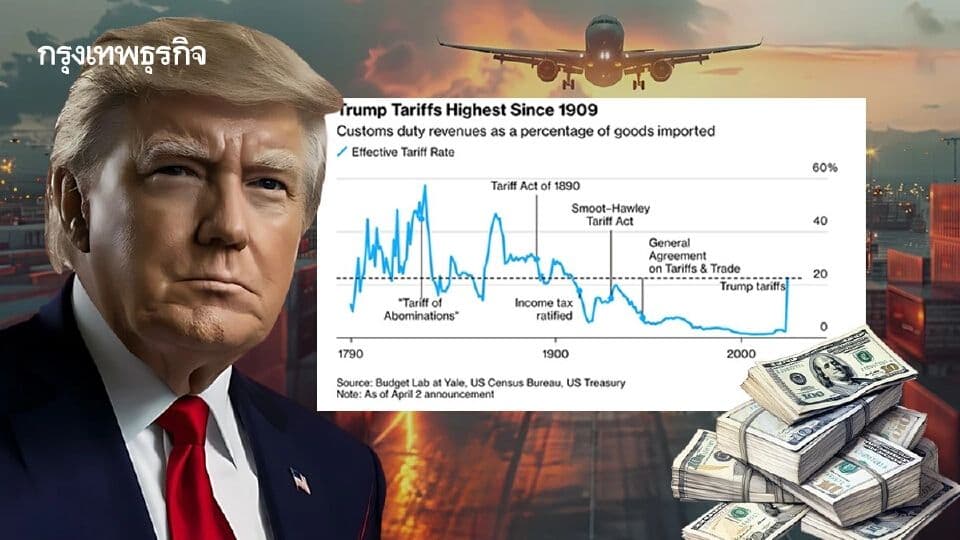
The ART of Negotiation: Decoding the Economic Dance
Delving into the specifics, the economic dimension of the revolved around what was internally termed the 'ART Agreement' – the Agreement on Reciprocal Tariffs. Finance Minister candidly described the as one of the 'hardest' and 'most complex' negotiating partners, underscoring the immense pressure on the . Their strategy was meticulously crafted, involving a comprehensive review of trade data, international law, and the ripple effects on national production, exports, and overall economic security. The engaged in multiple rounds of proposals and observations, consistently maintaining a 'constructive and reasonable' posture, always striving for an outcome rooted in equality and fostering sustainable economic relations between the two nations. While an official notification of the agreed-upon tariff rates was still pending as late as July 2025, statements conveyed a resolute commitment to protecting highest national interests, even if the final deal might fall short of initial aspirations. This intricate dance of economic diplomacy was clearly more than just about numbers; it was about navigating a delicate balance of national priorities and international leverage.
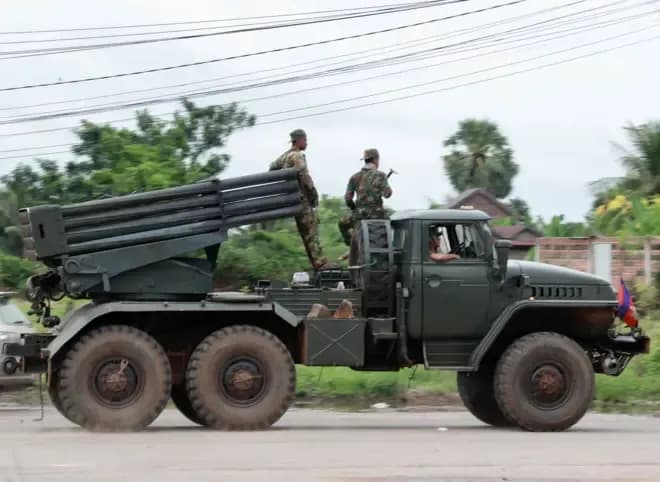
From Border Clashes to Trade Deals: Geopolitics' Hidden Hand
Beyond the intricacies of economic data and tariff rates, the were unmistakably influenced by a swirling vortex of geopolitical dynamics. The backdrop of intense in July 2025 over disputed territories like Phu Mak Khuea, Chong Bok, and the vicinity of underscored the volatile regional security landscape. These skirmishes, which displaced thousands and escalated tensions, served as a stark reminder of strategic sensitivities. Simultaneously, the broader was evident, highlighted by visit to the in March 2025, with discussions heavily focused on concerns. It became increasingly apparent that the trade talks were not confined to commerce alone. Whispers circulated that 'conditions' extended to non-economic issues, including controversial repatriation of Uighurs to and the high-profile case of American academic . These seemingly disparate events, from border conflicts to human rights concerns, subtly yet powerfully shaped the negotiating table, revealing the intricate web of geopolitical leverage at play.
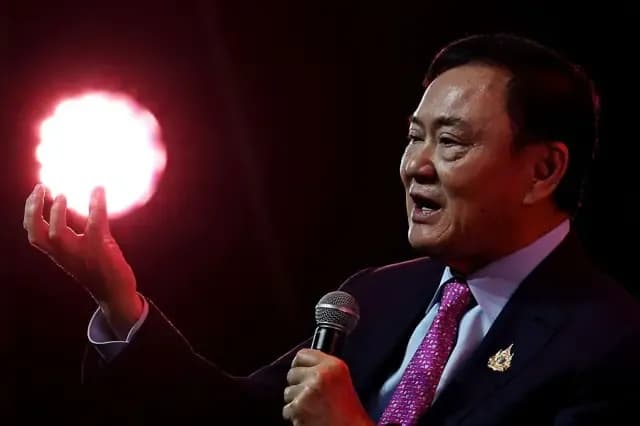
Strategic Shores: Unpacking the Thap Lamu Base Speculation
Amidst the protracted trade negotiations, a particularly potent piece of speculation emerged: the possibility of the seeking a military base in , specifically at in Phang Nga province. This rumor gained traction precisely when trade talks stalled, suggesting it might have been a key 'condition' from the side. Geopolitical scholars quickly highlighted the immense strategic value of , which provides direct access to the – described by a 2023 study as one of the 'most highly competitive areas for great powers' globally, critical for world trade and security. Former Prime Minister firm public statement on July 9, 2025, rejecting any demands that could 'bring war to our home,' strongly implied that discussions around military presence were indeed part of the proposals. Experts cautioned that while a base might offer immediate economic stimulus, its primary value was strategic, and its long-term economic benefits were fleeting. This speculation laid bare the profound security dimensions interwoven with the economic negotiations, framing as a crucial piece in the larger strategic puzzle.
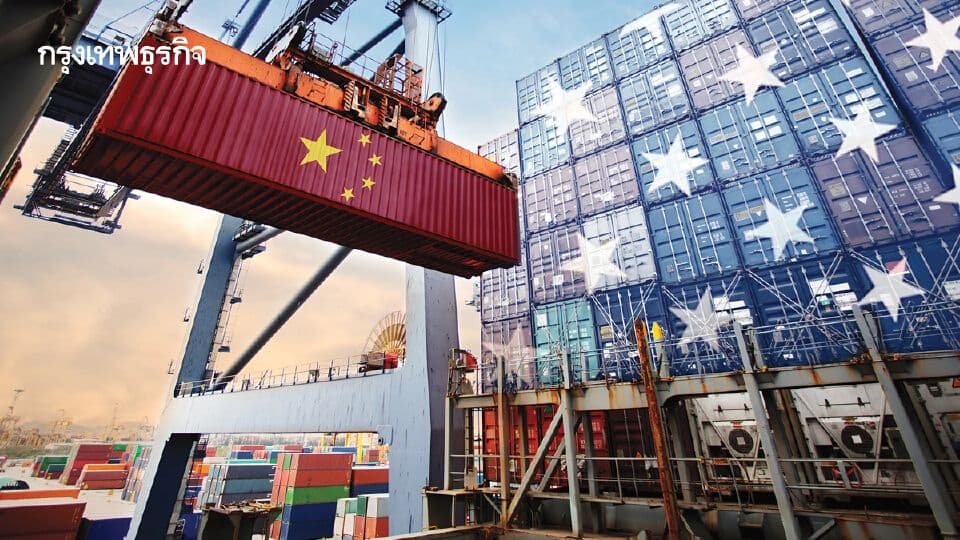
Charting the Future: Thailand's Evolving Diplomatic Posture
The resolution of the , understood within this 'grand bargain' framework, offers a compelling glimpse into evolving diplomatic posture in a rapidly shifting global order. The 'New World Order after Reciprocal Tariff' isn't just an abstract concept; it's a reality where economic leverage is inextricably linked with geopolitical influence. successful navigation of these complex negotiations, despite the intense pressures and multifaceted demands, demonstrates a maturing and agile foreign policy. By balancing its economic imperatives with sensitive security considerations, particularly concerning its strategic maritime access to the , has affirmed its crucial role in regional stability. As Finance Minister noted, the fought tirelessly for the 'highest national interest,' acknowledging that while some outcomes might be 'less than hoped for,' the effort was exhaustive. This grand bargain underscores continued commitment to a pragmatic, multi-aligned foreign policy, seeking to leverage its unique geographic and strategic position to secure its future amidst the competing interests of global powers. The path ahead will demand continued vigilance and a nuanced understanding of both economic and security landscapes.
Related Articles
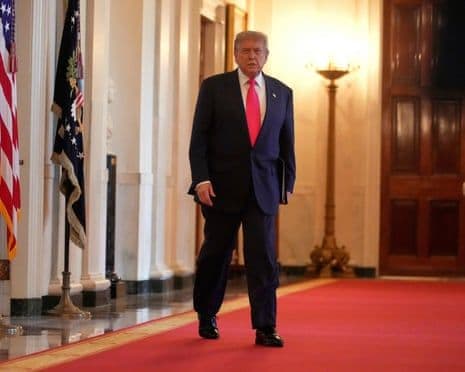
The Reciprocal Ripple: Unraveling Trump's Trade Gambit on the Global Stage

The Reciprocal Ripple: Unraveling Trump's Trade Gambit on the Global Stage
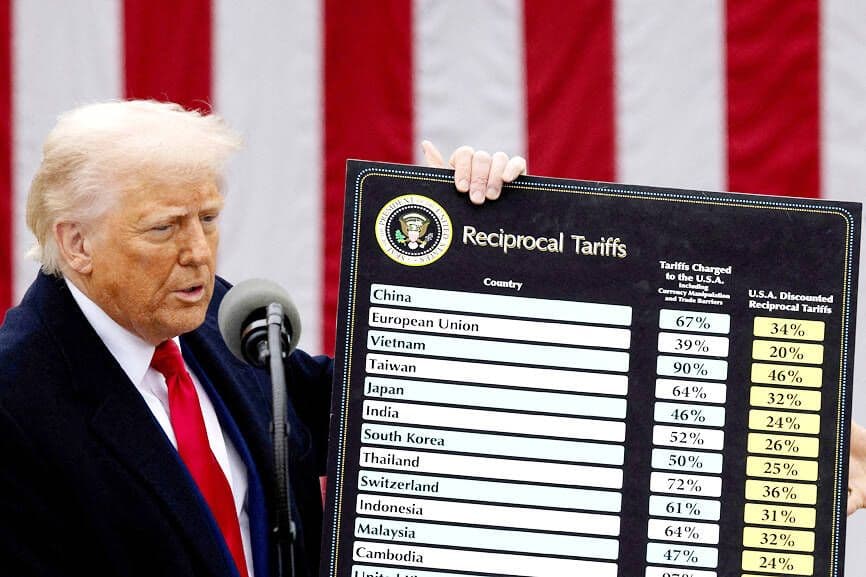
The Price of Preferential Treatment: Taiwan's High-Stakes Tariff Calculus

The Price of Preferential Treatment: Taiwan's High-Stakes Tariff Calculus
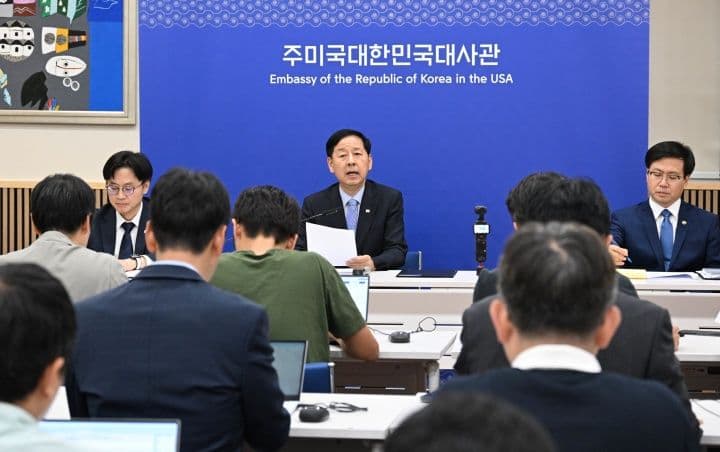
The Price of Stability: Unpacking Korea's Sweeping Economic Commitments to the US

The Price of Stability: Unpacking Korea's Sweeping Economic Commitments to the US
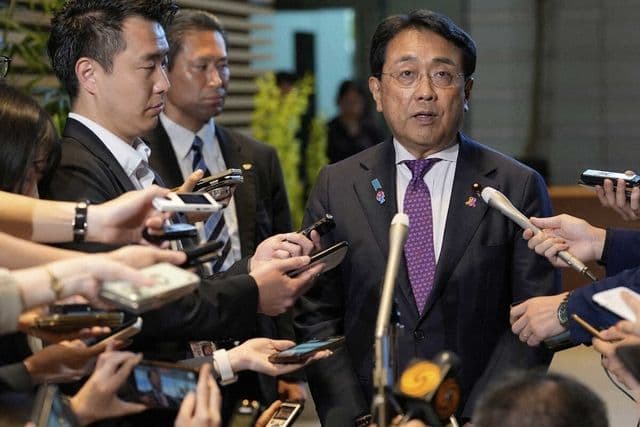
Whispers of Discrepancy: Akazawa's High-Stakes Tariff Report Under the Microscope
